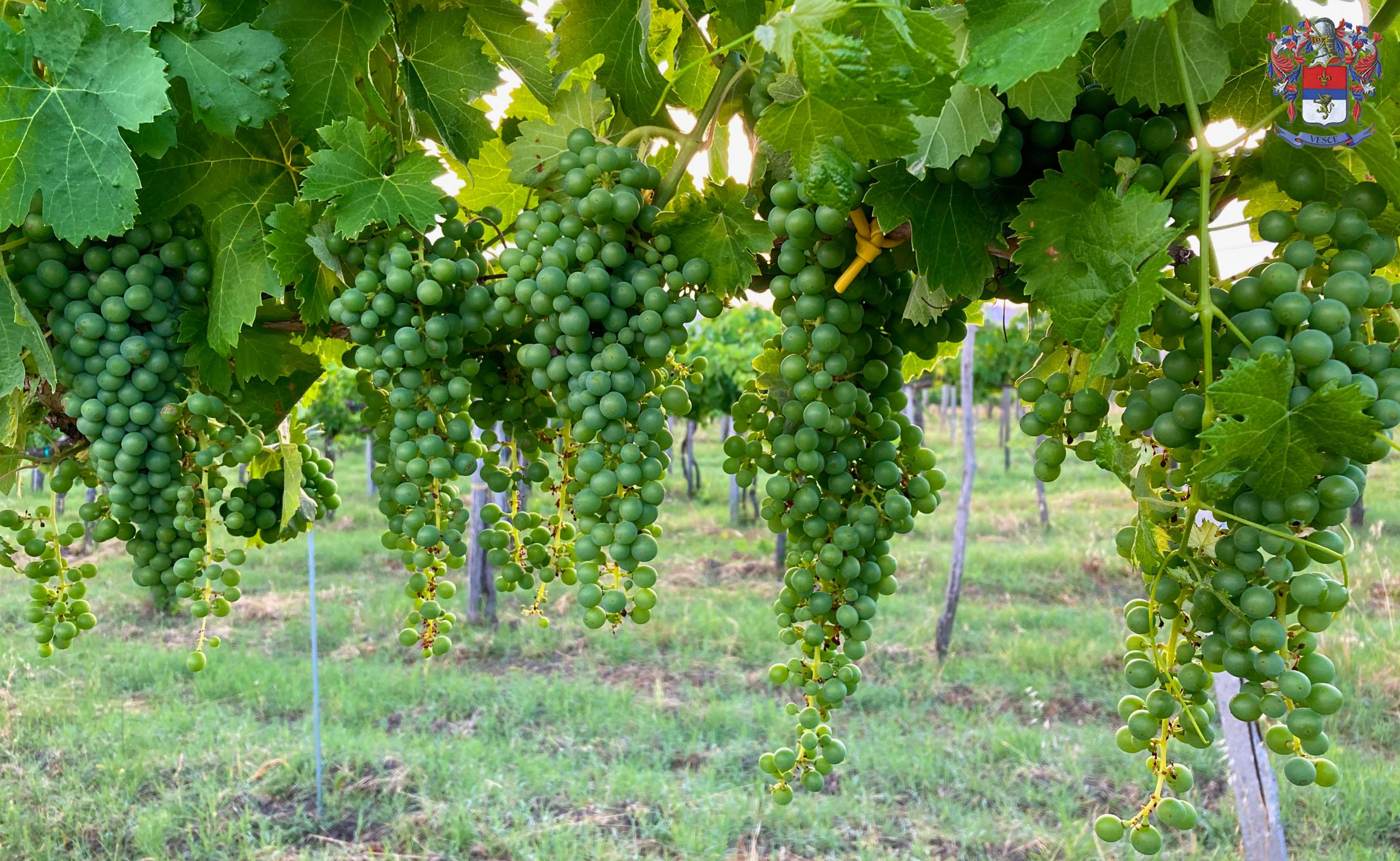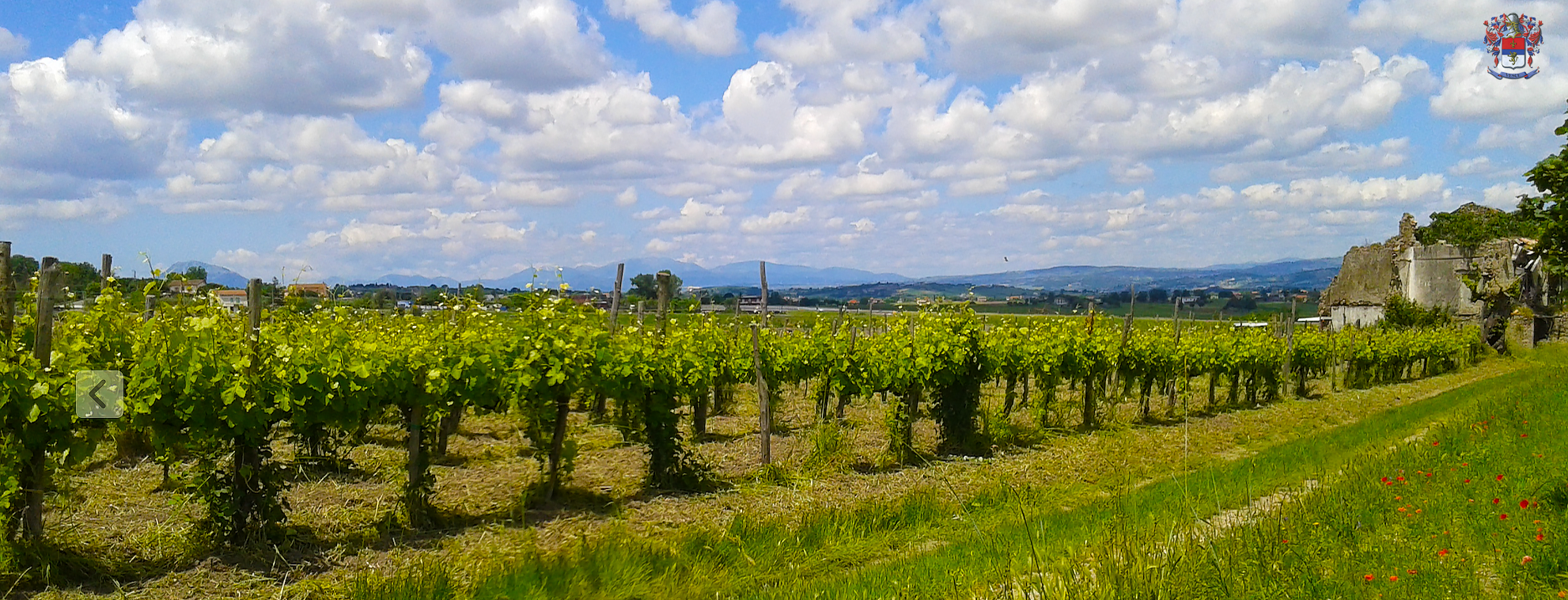Agricolture and
Viticolture
The Vesce farm has been producing fine grapes and wines from indigenous vines for many generations for consumption by family, selling the surplus of its production to local wineries..




IRPINIA’S AGRICULTURE AND VITICULTURE
The Vesce farm has been producing fine grapes and wines from indigenous vines for many generations for consumption by family, selling the surplus of its production to local wineries.
Until the mid-1900s, the Vesce family’s vineyards were carefully tended and eco-friendly cultivated by peasant families residing on different farms, according to the uses and customs regulated by sharecropping. Those families found it right and convenient to observe these contracts, which guaranteed them economic well-being and the availability of precious products of plant and animal origin. The farmers (massari), like good heads of families, governed and educated their children correctly, ensuring them at least the most elementary education. Respect for the elderly, for women and for a legitimate social hierarchy was a must. At the time of the harvests (harvesting, vendemmia, coltivation and processing of Beneventano tobacco), despite the large number of resident peasant families (colonists), there was also work for some of the local laborers (bracelets). However, not for all of them; therefore, many had to walk all the way to Puglia in search of fields to harvest, separating themselves from their families for weeks.
Honesty, honor and respect for the given word were the basis of the relations between the owners and the sharecroppers and were worth more than the notarial deeds themselves. Complaints were very rare, generally linked to exceptional events, of a meteorological or health nature. At the turn of the eighteenth century, there were 47 farm workers and 467 laborers in the Universitas of Pietradefusi. Two centuries later, misery, emigration and the damage caused by the Great Wars, together with the fall of sharecropping, radically changed the local agricultural and social system. The agrarian rents abolished the existing relationships with the owners. Modern agriculture struggled to establish itself, while the peasant elite gave way to new farmers still lacking the ancient culture and ethical values relevant to it.
